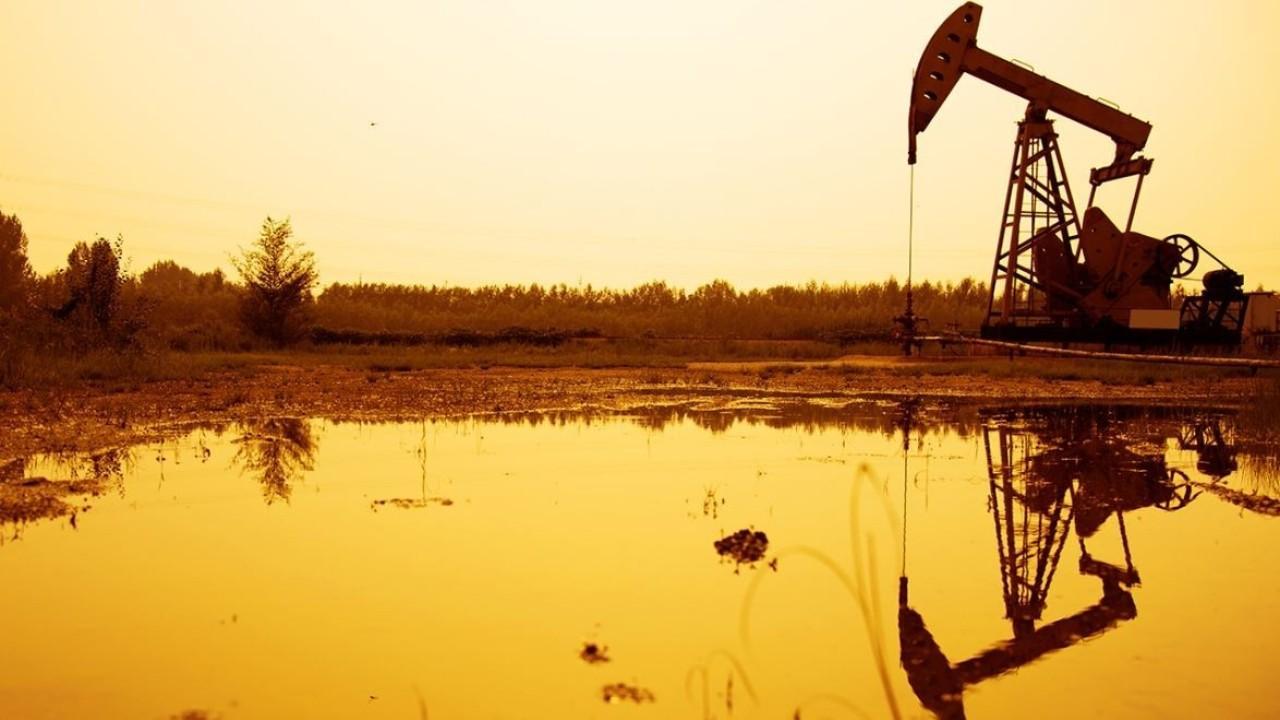Putin takes aim at US shale oil industry
Brent crude oil plunged by as much as 31%
Oil prices crashed Sunday evening after Saudi Arabia launched a price war against Russia following the Kremlin’s decision not to agree to production cuts, sending a shot across the bow of U.S. shale producers.
Brent crude oil, the international benchmark, plunged by as much as 31 percent to a low of $31.25 a barrel, its steepest single-day drop since the start of the 1991 Persian Gulf War. The energy component has recouped a portion of its losses and was trading around $35.50 a barrel on Monday morning.
“This is a direct attack, in my opinion, by [Russian President Vladimir] Putin against the success of the American industry in the face of all the sanctions that he and his country have felt because of U.S. success,” John Hofmeister, former Shell Oil president, told FOX Business’ Maria Bartiromo on Monday. “This is enmity in its worst form.”
SAUDIS FLEX OIL MUSCLE, IGNITE CHAOS
The price war began after Russia on Friday rejected a proposal from OPEC leaders that would have cut production by an additional 1.5 million barrels per day, instead calling for the current deal to be extended until the June meeting. The OPEC+ group, which Putin helped craft in 2016, has already cut output by 1.7 million bpd since January 2017.
As a result, Saudi Arabia cut the price it charges for crude oil by $6 to $8 per barrel and is expected to ramp up production to as high as 12 million bpd day, up from 9.7 million bpd in January.
President Trump weighed in on the news on Monday morning.
"Saudi Arabia and Russia are arguing over the price and flow of oil," he wrote on Twitter. "That, and the Fake News, is the reason for the market drop!"
While a deal could still be reached, as of now OPEC+ members will be able to produce as much oil as they want, beginning on April 1. That’s expected to put further pressure on prices, which had already been under pressure as the market has been dealing with a supply glut that has been worsening due to the new coronavirus outbreak.
Russia’s move looks to be a calculated one – both a response to U.S. sanctions and designed to target the U.S. shale industry, which is currently under significant financial distress.
“This completely changes the outlook for the oil and gas markets, in our view, and brings back the playbook of the New Oil Order, with low cost producers increasing supply from their spare capacity to force higher cost producers to reduce output,” wrote Damien Courvalin, head of energy research and senior commodity strategist at Goldman Sachs.
He says Brent prices will average $30 a barrel in the quarter and risk overshooting to the downside, adding that such levels will “start creating acute financial stress and declining production from shale” and other high-cost producers.
Courvalin says a rebalancing will play out in three phases before higher equilibrium prices start to take hold in two to four years.
First, he sees a survival phase with declining investment from large producers. That’s followed by an inflection phase where inventory peaks and producers are forced to restructure and shutter assets. Finally, Courvalin sees a regeneration phase of new industry.
“While phases 1 and 2 played out over more than a year last time around (Nov-14 to Apr-16) and phase 3 never happened, we expect a much faster rebalancing this time as shale and high cost-oil producers we already facing higher costs of capital over the past year due to persistently poor shareholder returns,” he wrote.
CLICK HERE TO READ MORE ON FOX BUSINESS
Courvalin added that this faster rebalancing, which could be even quicker due to the COVID-19 outbreak, “may itself be a catalyst for Russia to hold off on any output agreement until it is completed and may help explain why this market share battle is happening now.”




















